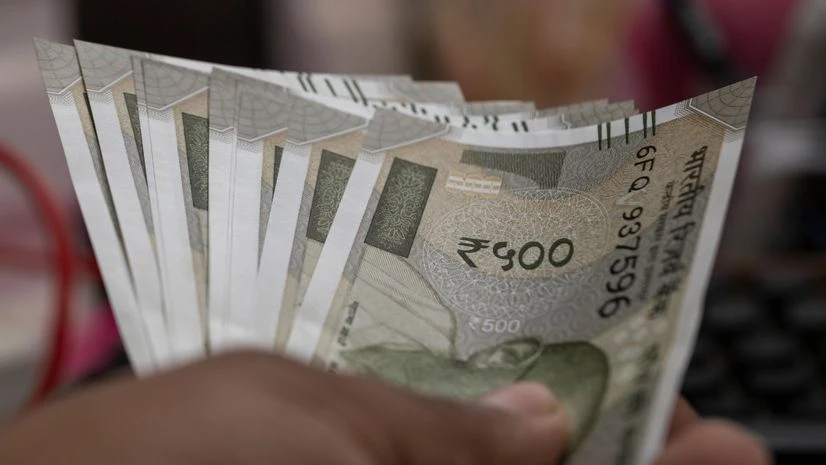November brings a range of changes that could impact your finances. From money transfers to train bookings, and credit card rewards, updates from the Reserve Bank of India (RBI), Indian Railways, ICICI Bank, and the Telecom Regulatory Authority of India (Trai) have taken effect. Here’s what’s new and how it may affect your wallet:
From November 1, RBI changes tighten money transfers
The Reserve Bank of India has made changes to its Domestic Money Transfer (DMT) framework, announced in July 2024. Effective from November 1, these updates address advancements in banking and payment systems, introducing stricter Know Your Customer (KYC) requirements.
Enhanced record-keeping: Banks must now keep detailed records of beneficiary names and addresses for cash pay-out services, aimed at improving traceability.
Stricter KYC for cash pay-ins: Banks and business correspondents must register remitters with a verified phone number and an ‘Officially Valid Document’ (OVD).
Also Read
Additional Factor of Authentication (AFA): Remitters must validate transactions with an additional security factor, enhancing transaction security.
Compliance with Income Tax Act: Banks are required to ensure compliance with cash deposit rules under the Income Tax Act, 1961, by including remitter details in transaction messages.
Exclusion of card-to-card transfers: These transactions remain under existing regulations, unaffected by the new DMT framework.
ICICI Bank credit card updates
ICICI Bank has revised its credit card rewards and fees from November 1, impacting services such as fuel waivers, insurance caps, and late payment charges. Customers were notified through SMS in October.
Utility and insurance spending limits: Reward points on utility and insurance spending are capped at Rs 80,000 for some cards, and Rs 40,000 for others.
Grocery rewards: Points for grocery and departmental store purchases are capped at Rs 40,000 and Rs 20,000 per month, depending on the card.
No rewards for government transactions: Points are no longer awarded on government-related expenses.
Fuel surcharge waiver limits: Waivers apply up to Rs 50,000 and Rs 1,00,000 monthly, depending on the card.
Spa benefits discontinued: Access via DreamFolks cards is now unavailable.
Thresholds for fee waiver: Annual spend requirements for fee reversal have been adjusted, with some thresholds raised or reduced.
New fees on education and utility payments: A 1% fee is now charged on third-party educational payments and utility transactions exceeding Rs 50,000.
Domestic lounge access spending threshold: Complimentary lounge access requires a minimum spend of Rs 75,000 in the previous quarter.
Forex markup: The foreign exchange markup on ICICI Bank credit cards has been set at 2% from November 15, 2024.
Indian Bank special FD deadline
The deadline for Indian Bank’s special fixed deposit (FD) schemes is November 30. Offering competitive interest rates, these schemes are for the general public and senior citizens.
Interest rates for Ind Super 300 Days: The scheme provides 7.05% for general public, 7.55% for senior citizens, and 7.80% for super senior citizens.
Interest rates for 400 Days: Indian Bank offers 7.25% to the general public, with rates up to 8.00% for super senior citizens, for deposits over Rs 10,000 and below Rs 3 crore.
Advance train ticket bookings
Indian Railways has shortened the advance reservation period (ARP) for train tickets from 120 to 60 days, effective November 1. The Ministry stated this adjustment is intended to discourage speculative bookings and address cancellations.
Why the change: The ministry reports that around 21% of bookings made 61 to 120 days in advance are cancelled, while about 5% of passengers fail to travel. The revised ARP aims to promote genuine bookings and reflect actual demand.
Trai’s new rules to curb spam calls
From November 1, Trai has introduced stricter regulations for curbing spam calls and messages. All major telecom providers, including Jio, Vi, Airtel, and BSNL, are now required to implement these changes.
Message traceability: Telecom companies are now responsible for monitoring and tracking spam and fake messages. This includes tracing the source of promotional and transactional messages to block those that do not meet traceability standards, ensuring spam and fraudulent messages are intercepted before reaching customers.

)